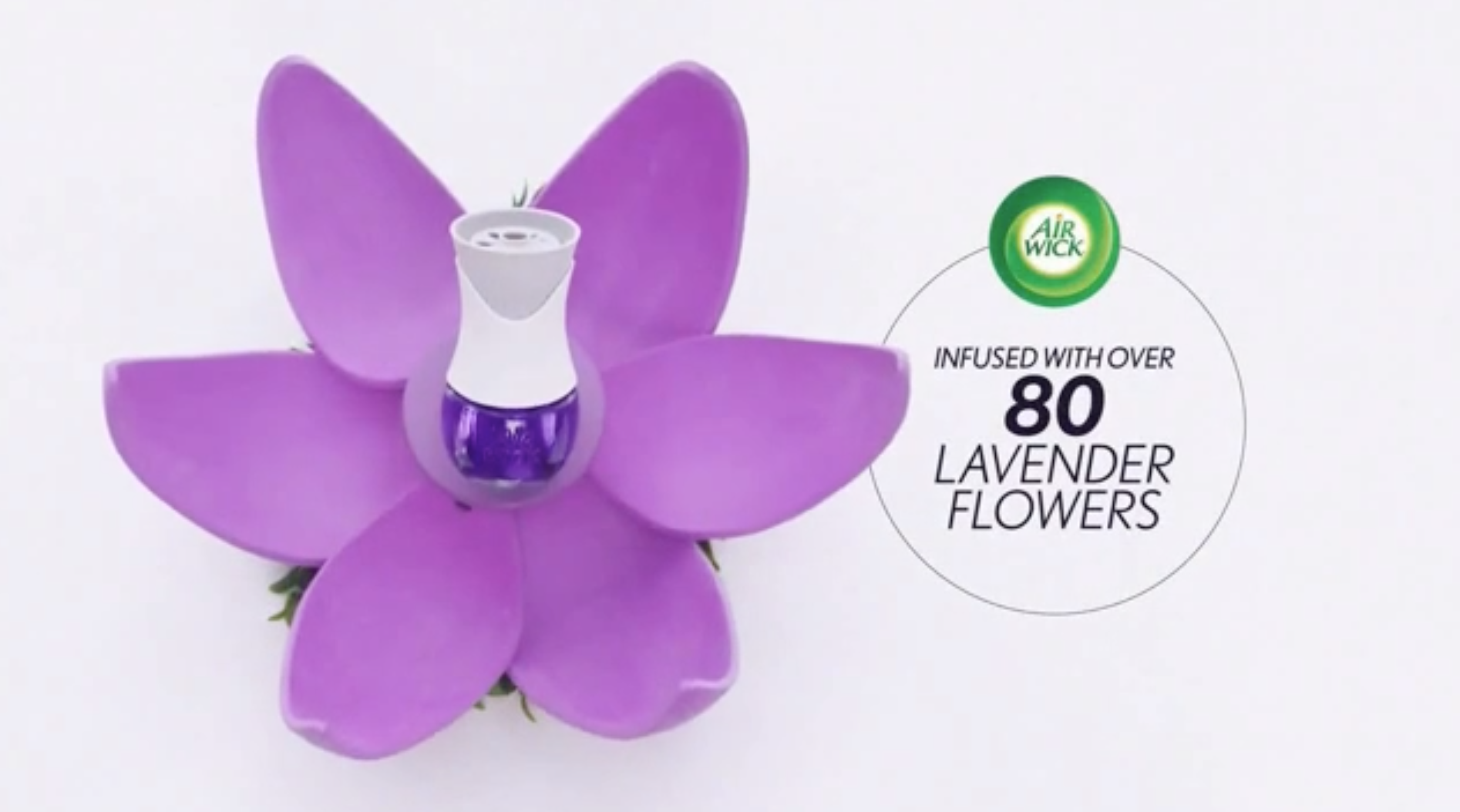
Air Wick Sandalwood Air Fresheners
Allegations: Falsely marketing that products contain sandalwood essential oil
August 2016: This case was voluntarily dismissed When a complaint is dismissed without prejudice, an amended version of the complaint can be refiled., the reasons for which have not been disclosed.
April 2016: A class-action lawsuit was filed against Reckitt Benckiser for allegedly deceptively marketing Airwick® aerosol sprays as having the capability to eliminate odors and last up to one hour when, according to the plaintiffs, the sprays only mask odors and have little, if any, odor eliminating capabilities, and cannot provide an hour of freshness. (Agrawal et al v. Reckitt Benckiser LLC, Case No. 16-cv-2497, S.D.N.Y.)
For more information about other class-action lawsuits regarding aerosol sprays and TINA.org’s coverage of the product, click here.
Allegations: Falsely marketing that products contain sandalwood essential oil
Memory supplement’s “clinically proven” ingredients claims fall apart upon closer inspection of supporting ingredient studies.
What goes into these fragrances? We may never know.
With spring in the air, keep your expectations surrounding these claims grounded.
New report finds issues with nutrition-related messaging.
An industry self-regulatory board looks to clean up Lysol’s claims.




